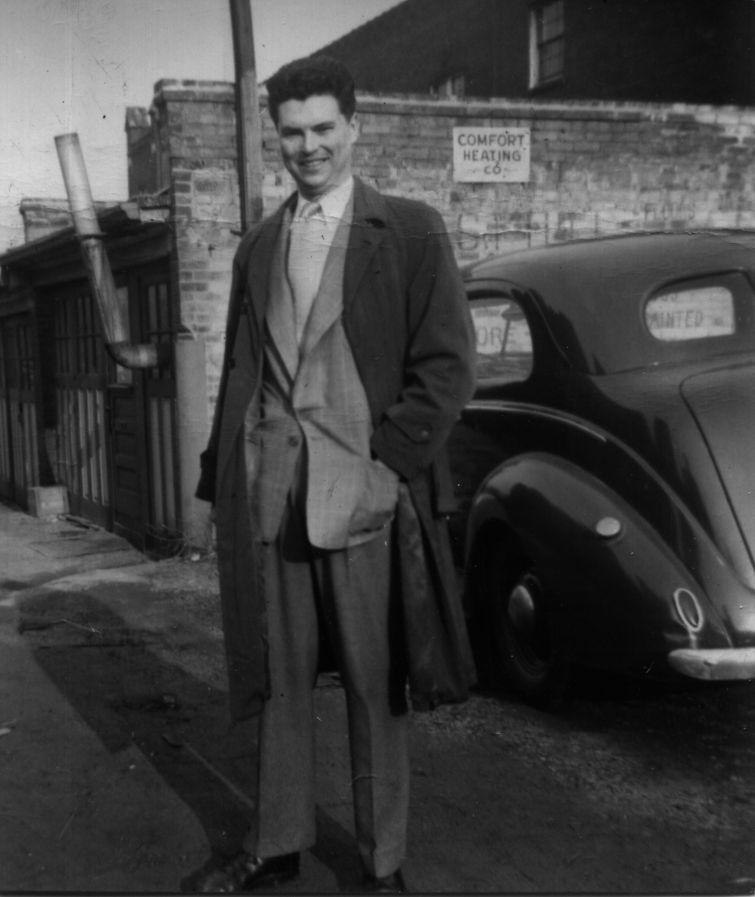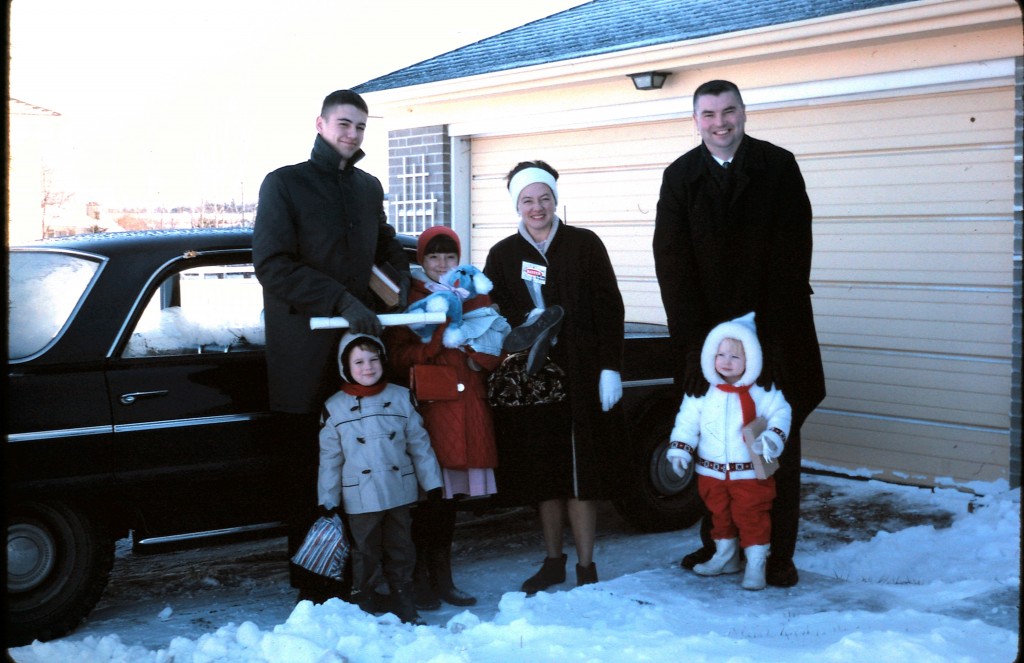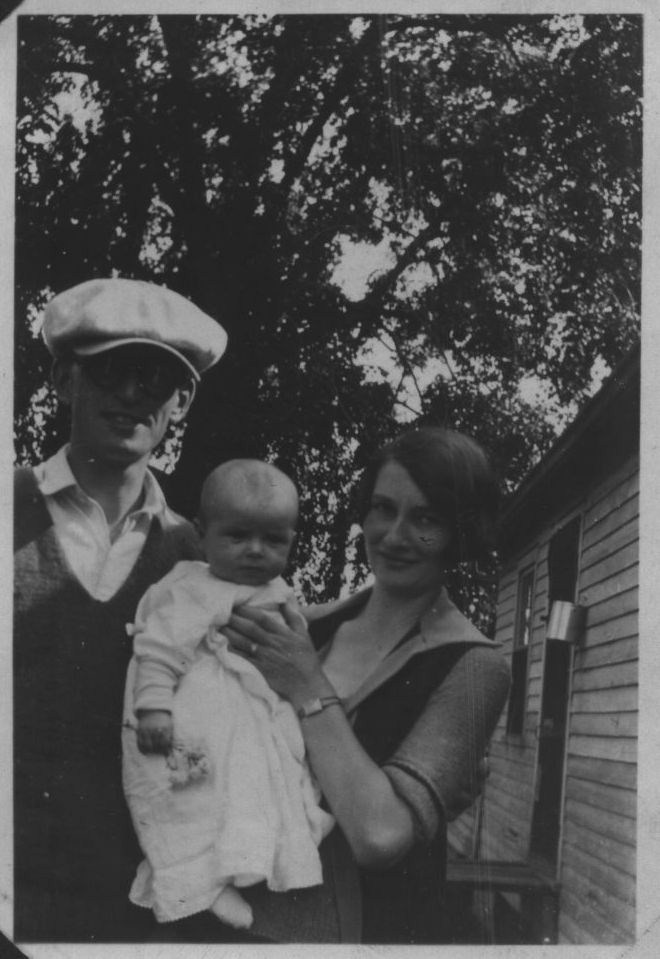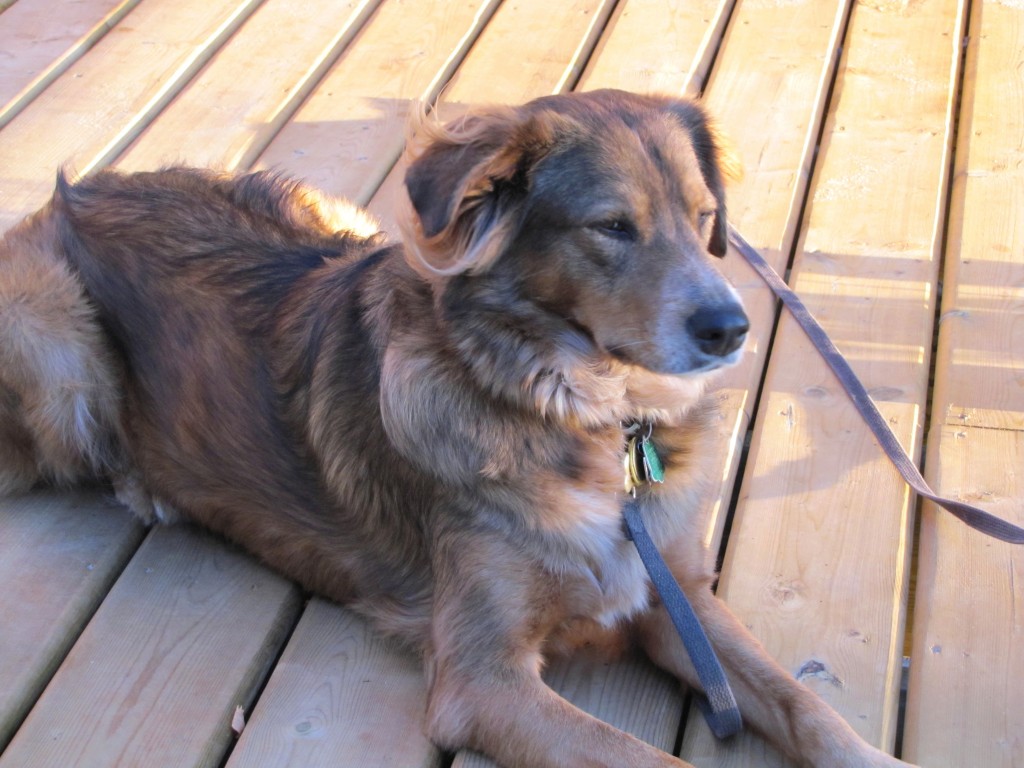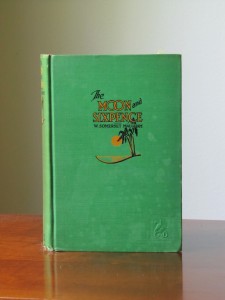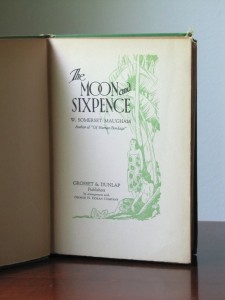With this tumultuous year at long last coming to an end, I’ve decided to make some changes. One of them is to dust off this blog and start writing here again, as much as I’m able to. A thick layer of dust has accumulated, as it’s been about three years since I last wrote a blog post. Excuse me while I pull out my feather duster, which is buried at the back of the closet, and get to work. It’ll only take a minute or two.
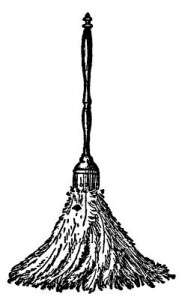
Now that the dust is off, you may well ask why I’ve neglected to write for so long, and there have been plenty of reasons (or call them excuses if you will). The 2020s have been a trying decade so far for too many of us, thanks to the COVID-19 pandemic. Early in 2020, I started to write about my experiences of the pandemic here, but I only depressed myself by doing so and didn’t want to depress anyone else by publishing my musings online. The pandemic didn’t change my daily life much–I continued working from home, just as I’d done since 2007–but I did feel profoundly afraid, and not a little bit angry at those who weren’t doing the right things to protect themselves and others from disease. In time my negative emotions began to dissipate, but the pandemic continued taking up too much space in my brain. And even though I’m pretty introverted, it made me feel very isolated. However, I count myself among the fortunate: I haven’t had the virus myself or lost anyone close to me because of it.
Then, in late 2020, we moved from Toronto to London–not the big London in England, but the little London in Ontario. It’s a city of approximately 400,000 people, and it’s not much like the megalopolis that is Toronto, the city where I’d lived my entire life until then. It’s smaller, quieter, and older, and it’s a bit like a village in some parts. Moving made me feel as if I’d been dropped on another planet and, two years later, I’m still adjusting–though the more places I visit here, the more at home I feel. Because the pandemic continues to be with us, I still mask in public places, and I’ve felt that this is one thing that’s inhibited me from making new friends–that and not feeling quite ready to join the sorts of groups where I might meet those who share my interests.
What else have I been doing? Editing–a lot. I was fortunate in that my work didn’t dry up during the worst of the pandemic. On the contrary, it seemed as if clients had more time on their hands to crank out their novels or memoirs, which they then passed on to me. One enormous project, which I edited over nine months, consisted of four autobiographical novels totalling 560,000 words! I’ve been writing my second novel too, The Spirits of South Drive, a cozy mystery. It’s the sequel to Virginia’s Ghost and is nearly ready for publication. But I only got as far as completing the book cover because so much has happened during 2022. This year has taken away far more than it’s given, with two major losses–our dog in March, and my sister in October–and numerous other stressors and aggravations I won’t go into. Suffice it to say that 2022 has been–without any shred of a doubt–the most difficult year I can remember. It’s taken a toll, but I’m ready to move on from it now and am doing my best to generate some optimism about the future.
Happy new year, everyone. May 2023 be everything you’re hoping for.
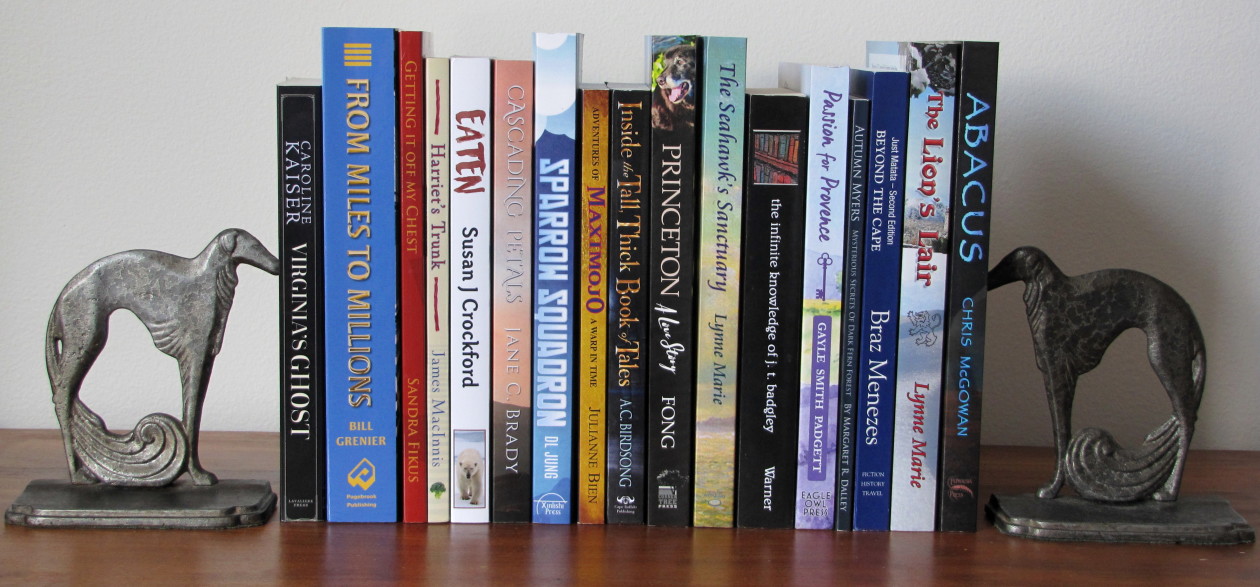
 Follow
Follow
